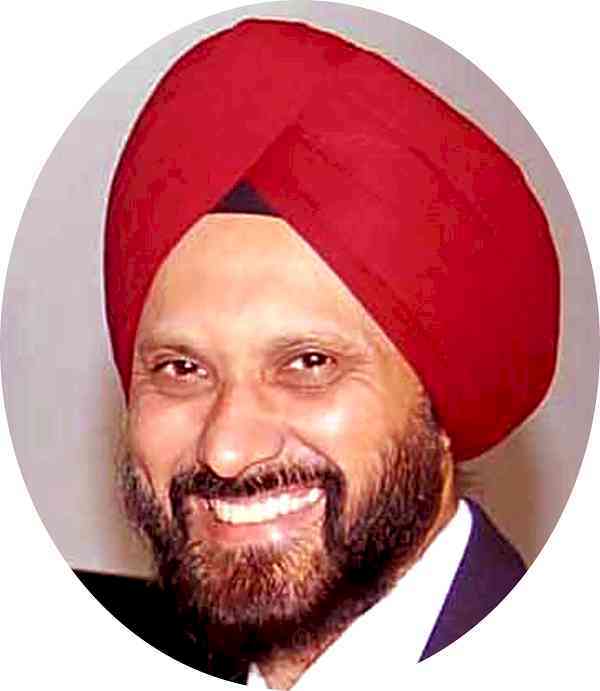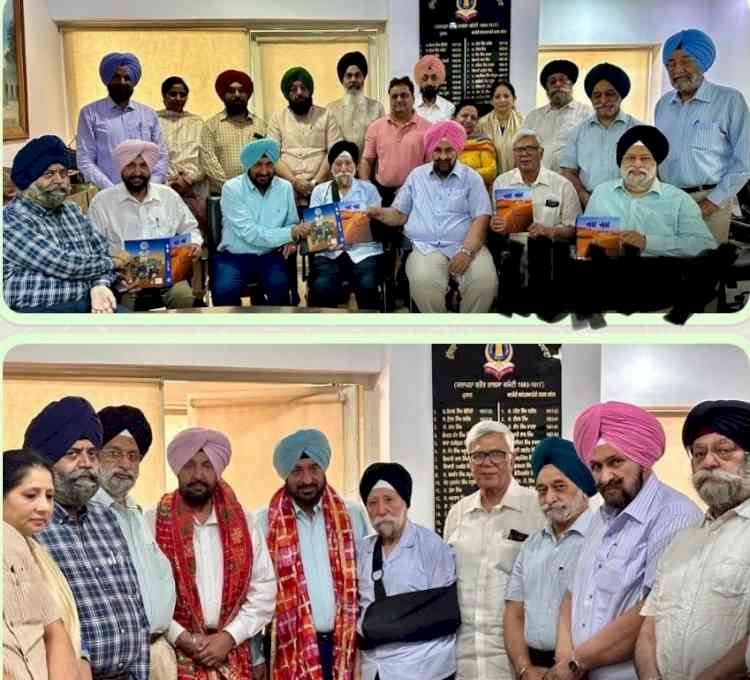New EU guidelines to put cancer research at risk: Experts
London, July 26 (IANS) The proposed EU General Data Protection Regulation could make cancer research impossible and add a significant burden to cancer patients, the European Society for Medical Oncology (ESMO) has said. The proposed wording...

London, July 26 (IANS) The proposed EU General Data Protection Regulation could make cancer research impossible and add a significant burden to cancer patients, the European Society for Medical Oncology (ESMO) has said.
The proposed wording of the regulation stipulates "explicit and specific patient consent", meaning that researchers would have to approach patients every single time research is planned in order to consult their data or use tissue samples stored for research purposes, ESMO, the leading pan-European association representing medical oncology professionals, contended.
"Hope for patients facing a life-threatening disease like cancer is based on advances in research," said Kathy Oliver, chair of the International Brain Tumour Alliance.
"Research progress requires access to a wide pool of patient data, even from patients who have since passed away and can no longer provide consent to allow for research that could save lives in the future," Oliver added.
This could put a halt to many public health research efforts, argued ESMO president Rolf A Stahel.
ESMO proposes that the text of the EU General Data Protection Regulation includes a "one-time consent" for research, ensuring patients are aware of what they are consenting to - with the appropriate safeguards in place, and that they can withdraw their consent at any time.
"Our proposal achieves the correct balance between the right to privacy and the right to health," Stahel continued.
It actually "empowers" patients, allowing them to choose whether to donate their data and tissue for public health research, whose ultimate goal is to find cures.
According to ESMO: "Adding the nearly impossible administrative burden of re-consenting each patient, every time, for every single project, could irreversibly slow down the accelerated pace that cancer research has gained over the past decades."

 cityairnews
cityairnews 















